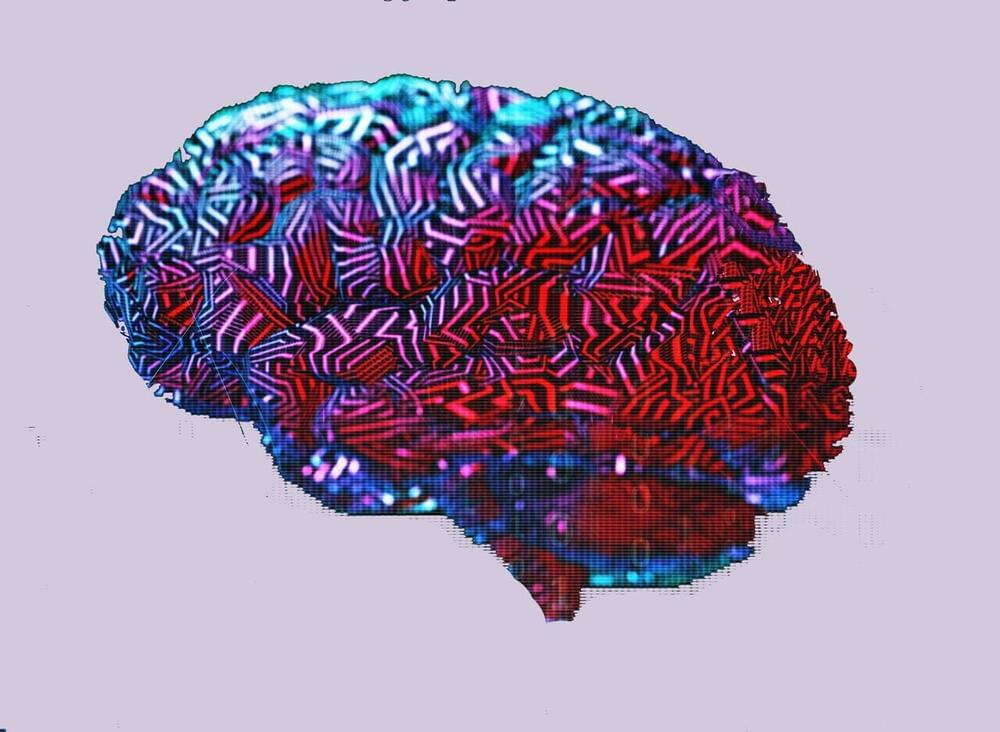
A research team headed by investigators at Brigham and Women’s Hospital reported on the results of a study in which they used stem cells from Alzheimer’s disease (AD) patients to identify a potential mechanism by which a gene known as SORL1 may impact the risk for the neurodegenerative disorder. Their work found that loss of normal SORL1 function leads to a reduction in two key proteins, APOE and CLU, which are known to be involved in AD, and which play an essential role in the neurons of healthy individuals. The study findings suggest a potential new strategy for AD treatment, especially for patients not responsive to existing therapies.
“Understanding the subtypes of AD is relatively new in the field of neurology research,” said Tracy Young-Pearse, PhD, of the Ann Romney Center for Neurological Diseases. “This is getting at a precision neurology approach, with which we can better predict which patients may be responsive to Alzheimer’s treatment strategies that attack specific genes or target the problems they cause.” Young-Pearse is corresponding author of the team’s published paper in Cell Reports, which is titled, “ Cell-type-specific regulation of APOE and CLU levels in human neurons by the Alzheimer’s disease risk gene SORL1,” in which they concluded, “Taken together, we demonstrate that AD-relevant SORL1 loss of function results in neuron-specific reduction in APOE and CLU and dysregulated lipid homeostasis.”
AD varies widely in its age of onset, presentation, and severity. Key neurological features of AD, including the accumulation of amyloid-beta (Aβ) plaques in the brain, also vary across individuals. The anti-amyloid therapies, aducanumab and lecanemab, have received FDA accelerated and traditional approval, respectively, but not all patients respond to these drugs, warranting other treatment options.

















